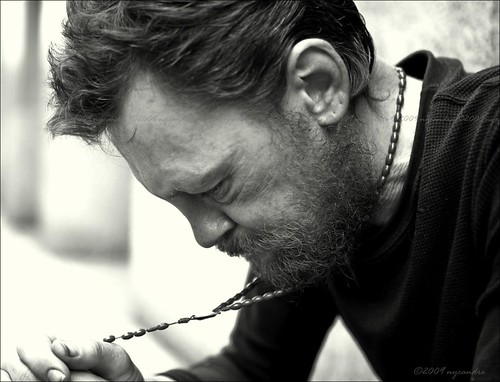“Preach the Gospel at all times. If necessary, use words.”
As a lifelong introvert, I love this quote by St. Francis of Assisi. It spells out the overarching guideline for living our lives, which has far more to do with what we do then how we talk about it.
This entry originated from a friend of mine, a practicing Catholic and the oldest of eight children. She moved in with her fiancée, who had divorced his first wife because she cheated on him while he was in Iraq (they had gotten pregnant before they got engaged). When he and my friend got engaged, they had only known each other for two months. He asked her to move in with him because it was “normal.”
She declined at first, but because of the half-hour distance between them, she started rationalizing. She later noted that her parents had lived together before getting married, claiming that it is possible to have a chaste cohabitation.
When a soldier goes to war, he goes with the intent of defeating his enemy and securing the good of his own land and hopefully that of all lands. If he disobeys his orders, he is punished with discharge, imprisonment, or depending on the type and severity of his offense, maybe even death. His disobedience has consequences for him, but it also endangers his unit’s integrity and scandalizes his army’s mission.
Words and Actions
The word “Mass” comes from the original Latin dismissal from the Liturgy when the priest would say “Ite Missa est”—“Go, you are dismissed.” The key word is “Missa”, which can be translated to mean either “dismissal” or “sending,” which is why, as Dr. Sri says in his book, A Biblical Walkthrough: The Mass (read it!), “the Mass should ultimately be seen as a sending forth.” (p. 147) This is why my favorite dismissal is “Go in peace glorifying the Lord by your lives!”
Church teachings are based on centuries of philosophical inquiry, scientific research, and observations of society. The Church opposes cohabitation because of the temptations and increased risk of divorce. She opposes drunkenness because we lose our ability to reason and avoid sin. She opposes abortion because it destroys life and traumatizes a woman’s body. My friend may have a “chaste cohabitation”, but how many other cohabitors do? How many Catholics, especially younger Catholics, have been corrupted by political leaders who claim their same faith while openly defying Holy Mother Church on abortion? And again, how many generations of Catholics will be scandalized by those who believe they can be faithful without attending Mass, even if they believe in the real presence of Christ in the Eucharist?
In a society wrought with individualistic relativism, it’s easy to feel judgmental. However, when charitably correcting our misguided brothers and sisters, we must recall Our Lord’s comforting words in John’s Gospel, when He tells us “If the world hates you, realize that it has hated me first.” (John 15:18) He has already borne the accusations, taken them to His grave, and conquered them in the Resurrection along with our own sins.
As Catholics, when we go forth to pursue our education, our careers, our relationships, and our lives, we must do so in a way that glorifies Our Lord for not only our own good, but for that of all who need the example of a well-formed Catholic conscience. We must strive for holiness and though no one is perfect, we cannot encourage the sins of society by partaking in them and claiming that doing so doesn’t affect us or that we are “personally opposed” to them.
We have a higher and more beautiful calling than that.
